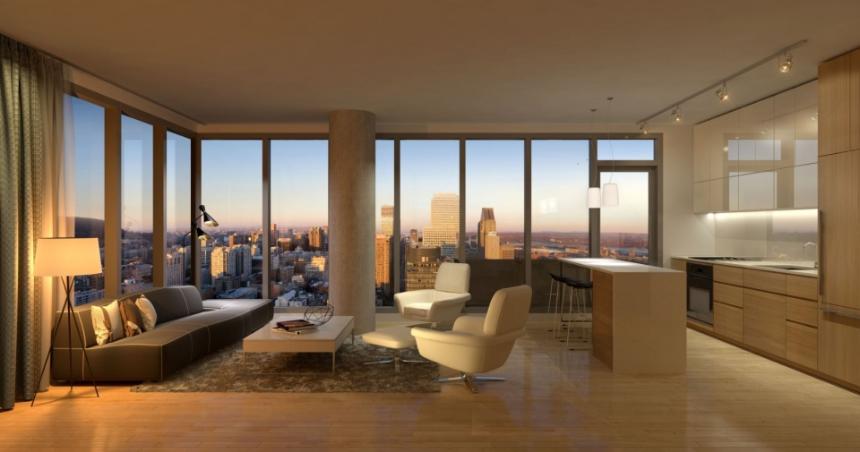
Practical Tips for Buying a Condo
Many people think of buying a condo as the first step towards owning a home. A home and a condo, however, are very different when it comes to how they are purchased. Nonetheless, you shouldn't encounter any major issues as long as you know the basics.
For instance, in most cases, a condo association will collect fees to cover common costs such as repairs, insurance, garbage removal, and the like. It's good to ask how much the fees are, but you should also inquire as to what exactly they are collected for. Normally, a condo building would allocate one-third of these fees for key structural repairs or as an emergency fund. You sure don't want to buy a condo, only to learn that the association can't even afford to pay for minor repairs. Ask the association for details about where the cash is going on a monthly basis, how much they have at present, and if the association has any outstanding liens against it.
Condo associations here also usually take minutes at their meetings, so ask the association if you could see theirs. This is a good way to get familiar with how things are with the building, the leadership, how tenant concerns are addressed, and so on. It also gives you update about the latest goings on in the building. You wouldn't want to buy a condo in a building that is currently embroiled in lawsuits. The minutes are the perfect place for you to know this type of information.
The number of people living inside a condo building is not small, so it makes sense that rules will be imposed in order to maintain peace. If you plan to take a pet with you when you move, first ask if the building allows animals. Also inquire if it's possible for you to rent out the unit in the future, or if there are common areas such as a pool or a yard. Before making a final commitment, be absolutely sure you can live with the regulations. Visit website where these condominium unit’s prices and amenities are posted.
Finally, before purchasing a condo, you have to know what your responsibilities are in terms of maintenance and upkeep. Does the association hire workers to maintain the yard, or do tenants pitch in? Strict rules may be annoying sometimes, but they help guarantee that you get a good resale value for the property, should you decide to sell it in the future. Of course, you also have to know who's responsible for damages. Usually, when the damage is inside your unit (for example, a leaky faucet) it is your responsibility; if it is in a common area, the association takes care of it.